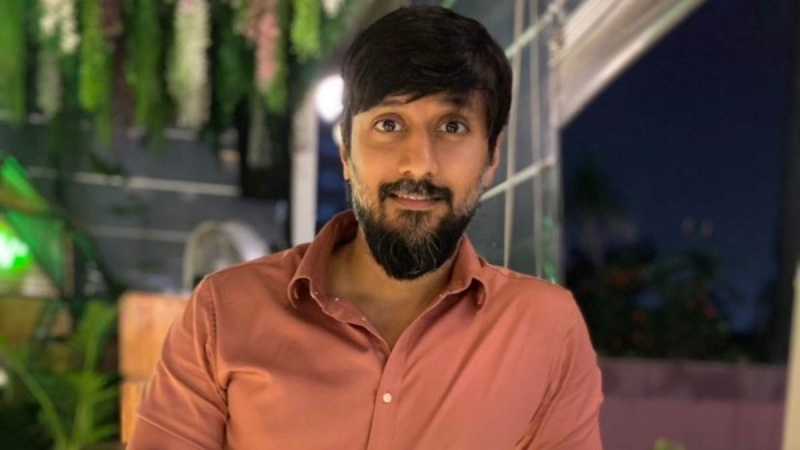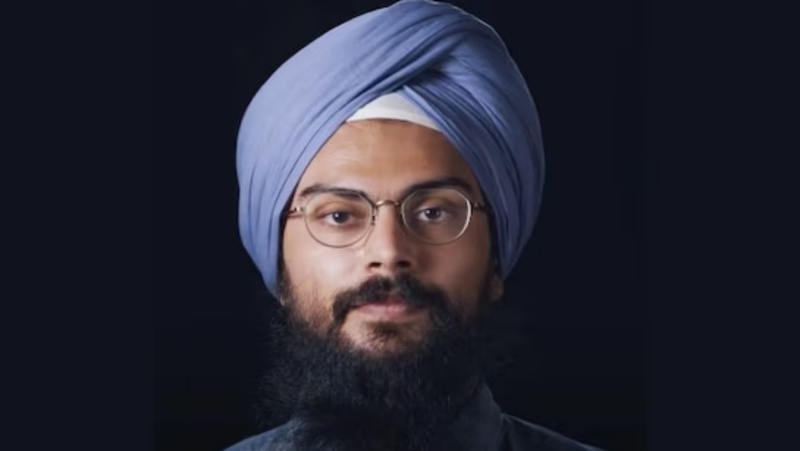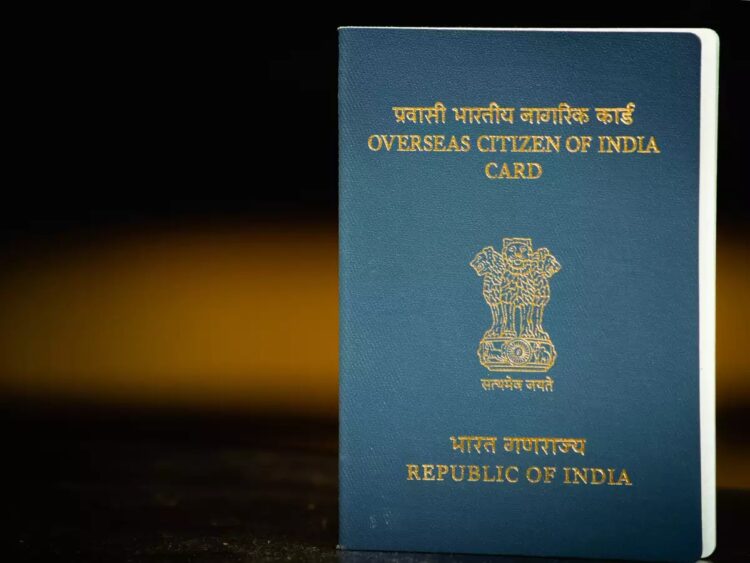KEY POINTS
- Several foreign nationals of Indian origin, including journalists and academics, have had their OCI cards revoked in recent years.
- The government cites reasons like "anti-India activities" and violations of visa or reporting norms.
- Courts have intervened in some cases, questioning procedures and calling for proper evidence.
On May 18, 2025, the Indian government revoked the Overseas Citizenship of India (OCI) card of Nitasha Kaul, a UK-based Indian-origin professor of Politics and International Relations at the University of Westminster. The reason cited was her alleged involvement in “anti-India activities.” Kaul had earlier been deported from Bengaluru airport in 2024 shortly after landing. The official notice stated that her speeches, writings, and social media activities had consistently targeted India’s sovereignty and its institutions in a hostile manner.
This incident has sparked debate across platforms, with many questioning whether India’s actions were justified. However, a deeper look reveals that Nitasha Kaul’s case is not a single case. Over the past five years, there have been several instances where the Indian government has acted against OCI cardholders who were allegedly involved in activities contrary to the interests of the Indian state. These decisions, often scrutinized by courts, are grounded in legal provisions under the Citizenship Act and the Foreigners’ Order, and are not taken arbitrarily.
Consider the case of French journalist Vanessa Dougnac. Her OCI status was revoked in January 2024 after the government found that her reporting created a “malicious” and “biased negative perception” of India. Despite living in India for over two decades and being married to an Indian citizen, her work for several European media houses reportedly misrepresented sensitive domestic issues. The government issued a formal notice under due process, giving her an opportunity to respond before final cancellation.

Another high-profile case was that of US-based Reuters journalist Raphael Satter. His OCI was revoked in December 2023 after allegations that he practiced journalism in India without proper authorization and published material that was seen as creating a negative image of Indian institutions. His lawsuit against the Indian government is currently under judicial consideration, showing that there is room for legal redress.

In April 2023, Kannada actor and activist Chetan Kumar’s OCI card was cancelled after he posted content that was considered deeply offensive by a section of society. The Foreigners Regional Registration Office (FRRO) claimed his statements were “inimical to the interest of the general public.” However, the Karnataka High Court intervened and stayed the cancellation, showing that the judiciary remains an important check in such matters.

Similarly, Ashok Swain, a Sweden-based professor known for his frequent and controversial commentary on India, lost his OCI status in 2022 for “inflammatory speeches.” But on March 28, 2025, the Delhi High Court set aside the cancellation due to lack of concrete evidence, directing the government to issue a fresh show-cause notice if needed. This highlights that while the government does act on sensitive issues, it is still accountable to the judiciary.

Not all cases involved journalistic work. Some, like that of John Robert Roughton III, involved religious activities. The US citizen was deported in 2024 for unauthorized missionary work in Nagaland, a matter treated seriously under Indian law. The Delhi High Court later ruled that the deportation violated due process, emphasizing that even in sensitive matters, legal safeguards must be followed.
A more technical case involved writer Aatish Taseer. In 2019, his OCI was cancelled on the grounds that he concealed the fact that his father was a Pakistani national, which made him ineligible for OCI status. This is in accordance with rules clearly mentioned by the Ministry of Home Affairs, which disallow OCI status for those with a Pakistani parent, regardless of marital status.

Even documentary producer Angad Singh faced deportation in 2022 despite having an OCI card. His film “India Burning,” which covered anti-CAA protests, was seen as misrepresenting India’s secular framework. Though his card was not cancelled, he was denied entry due to lack of proper permission for filming—again, a procedural matter.

French journalist Sébastien Farcis, whose work permit was denied in March 2024, also falls under scrutiny. The Ministry of External Affairs clarified that his application was under review. While he described the denial as “censorship,” no official cancellation of his OCI has occurred yet.

The government of India, through the Ministry of Home Affairs, has the legal authority to revoke OCI cards under Section 7D of the Citizenship Act, 1955. This section permits cancellation if the cardholder has shown disaffection towards the Constitution of India, engaged in unlawful activities, or violated any law.
India’s actions in these cases have followed due process. Show-cause notices were issued, courts were approached, and in many cases, judicial oversight corrected or questioned executive action. The larger pattern suggests that India takes its national interest seriously, especially when foreign citizens, despite having familial or legal ties, cross boundaries set by Indian law.
The cancellation of OCI cards is not part of a political vendetta but a lawful exercise of sovereignty. India, like any other nation, has the right to regulate the presence and activities of foreign nationals and even OCI cardholders within its borders. While it is important to ensure transparency and justice in such processes, the Indian government’s actions are in line with its responsibility to uphold national integrity and constitutional values.

















Comments